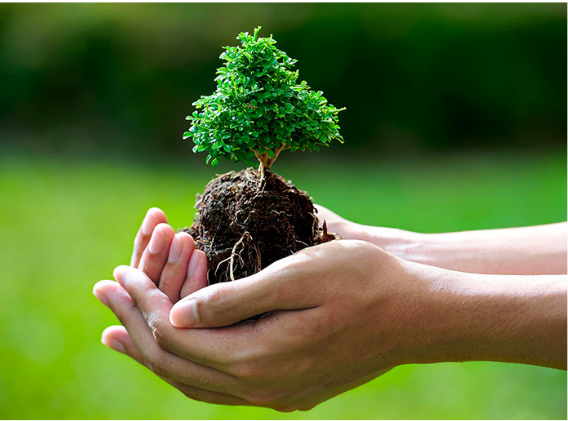Misconceptions
The future of sustainable Palm Oil
Over the years, issues such has deforestation, loss of wildlife and health concerns have given palm oil and the palm oil industry an unfavourable reputation. However, in the last decade, vast efforts have been made to align palm oil production with global concerns, making oil palm cultivation one of the more sustainable and economically viable crops available.


